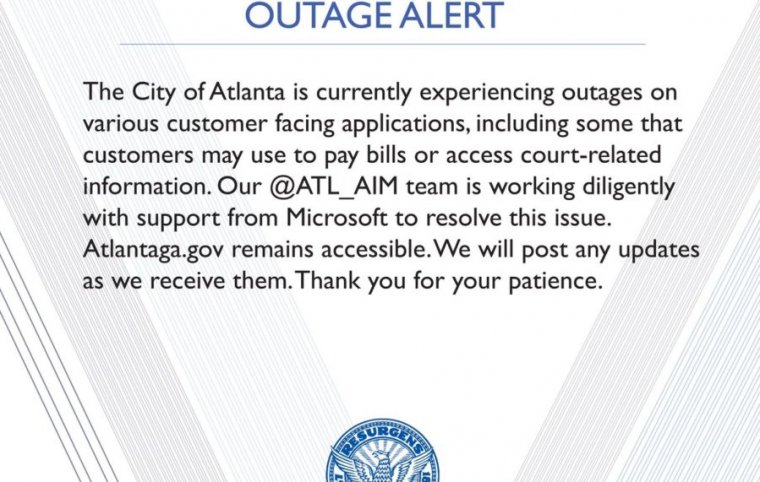Hey Mark Zuckerberg: Don’t Lock Down Everyone’s Data, Open It Up To Services That Give Your Users More Control Over Their Data
As we’ve been discussing all week, a lot of people are reacting to the wrong thing in the whole Facebook / Cambridge Analytica mess. The problem was not that Facebook had an open API — but that its users were unaware of what was happening with their own data. Unfortunately, many, many people (including the press and politicians) are running with the narrative that Facebook failed to “protect” data. And, just as we warned, the coming “solutions” won’t help matters, but will actually make them worse.
Case in point: when Mark Zuckerberg finally made his big press tour on Wednesday evening, he repeatedly told people that, the public has spoken and Facebook will lock down your data now.
I do think early on on the platform we had this very idealistic vision around how data portability would allow all these different new experiences, and I think the feedback that we’ve gotten from our community and from the world is that privacy and having the data locked down is more important to people than maybe making it easier to bring more data and have different kinds of experiences.
This is the wrong solution for two reasons: (1) It makes Facebook that much more central and dominant to online activities, making it that much more difficult for upstarts and competitors to compete and (2) it takes away power from the end users to do more with their own data. For all the people whining about Facebook having too much of your data, this is not the solution you want. This is effectively giving Facebook even more power over your data, not less.
If people were to take the time to actually understand the issue, then they wouldn’t be pressuring Facebook to react this way. And there are better solutions: give people more access to their own data. That means, as Cory Doctorow suggested, the better way out is for Facebook to open itself up in a different way: to open itself up to third party app developers not to suck up data for marketing databases, but to give end users more control over their own data and how it is used.
People are so focused on Facebook sucking up their data, that they’re responding by demanding Facebook be a better steward of their data… rather than demanding that they get to manage their own data.
Nearly a decade ago, EFF suggested a social media bill of rights that it hoped sites like Facebook would adopt. It included giving users transparency into who wants their data and who gets it, giving users full control over their data, and finally enabling them to export their data in a useable format to bring to other sites on their own terms. If we lived in such a world, then we wouldn’t have to worry about the Cambridge Analytica situation, because users would know that some creepy personality test app was requesting their info, and they could deny it (or they could set filters that would automatically block it).
So, if Mark Zuckerberg really wants to respond to this crisis in a way that’s helpful, he should be opening up his platform… to a different set of app developers. It shouldn’t go to the developers who are siphoning up everyone’s data, but to those who can provide tools for end users to have full transparency and control over their data.
Unfortunately, the political and media reality is that if Zuckerberg actually went down this path, he’d probably be slammed for “opening up” user data, rather than locking it down.
Permalink | Comments | Email This Story
Techdirt.
